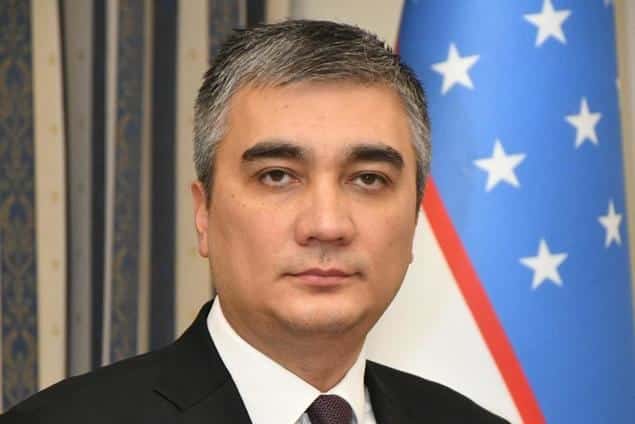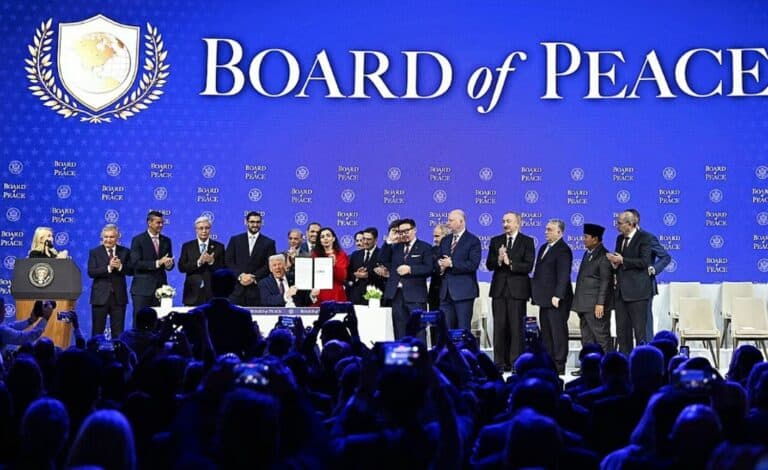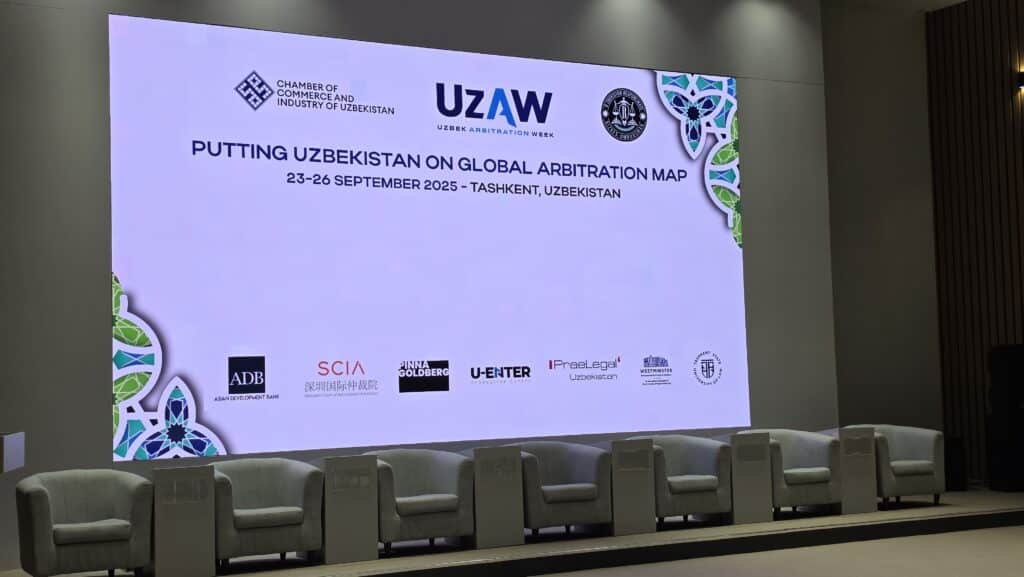
The 5th edition of Uzbek Arbitration Week (UzAW) opened in Tashkent with a message that resonated well beyond Central Asia: Uzbekistan is serious about becoming a global hub for international dispute resolution. The event brought together practitioners, in-house counsel, academics and policymakers from across the region and further afield, signalling the country’s growing integration into the international arbitration community.
Abdel Wahab’s call for reform and vision
The keynote was delivered by Mohamed Abdel Wahab, chair of the international commercial and investment arbitration group at Zulficar & Partners and Chair of the ICC Governing Body for Dispute Resolution Services. His speech combined both encouragement and challenge, urging Uzbekistan to build a sustainable arbitration culture.
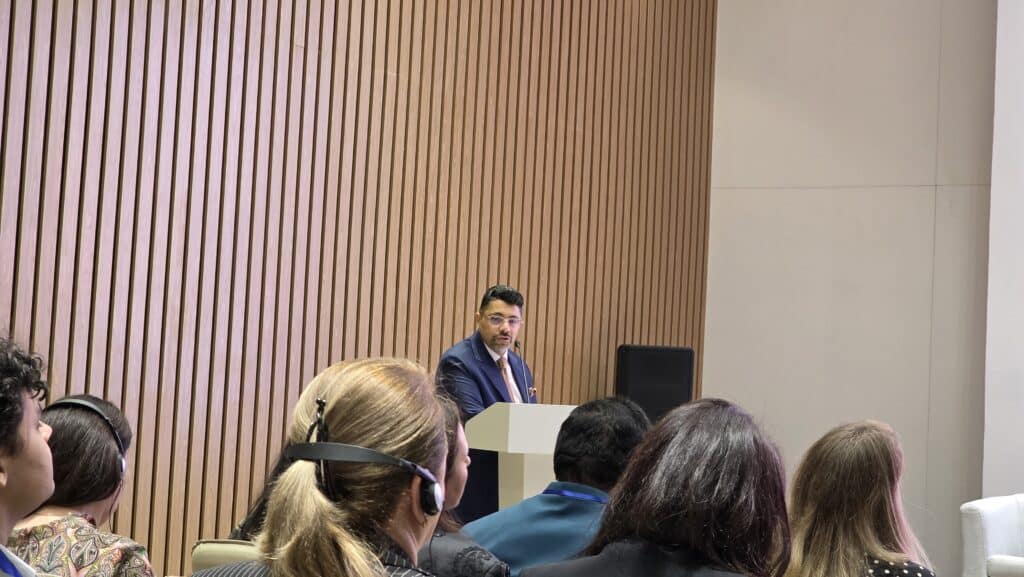
«Uzbekistan has made remarkable progress in a short period,» he said, «but progress must not be confused with completion. The journey of arbitration reform is a long one, and it requires perseverance.»
He then outlined what he described as 12 commandments for consolidating Uzbekistan’s arbitration landscape:
- Issue judicial practice directives and guidelines for lower courts to ensure pro-arbitration statutory interpretation and enforcement of foreign awards.
- Create a specialised arbitration chamber or circuit in higher courts to handle arbitration matters swiftly and consistently.
- Translate and publish leading Uzbek Supreme Court judgments into foreign languages, while maintaining a database of arbitral jurisprudence and enforcement statistics.
- Improve and expedite enforcement proceedings.
- Capitalise on Uzbekistan’s geographical position and its advances in blockchain and crypto-assets technologies.
- Establish cooperation and judicial dialogue with leading global institutions such as the ICCA, Hague Academy, ICC, CIArb and PCA.
- Introduce international arbitration as a mandatory undergraduate law course.
- Expand continuing education and training for Uzbek practitioners to grow the pool of arbitrators, counsel and support services.
- Increase accessibility by adopting a visa-waiver programme for participants in arbitrations seated in Uzbekistan.
- Invest in technology and AI infrastructure and build state-of-the-art hearing facilities.
- Market Uzbekistan for «arbitration tourism» and create sector-specific initiatives for projects and disputes.
- Offer relocation incentives to foreign arbitration practitioners and arbitrators.
«These are not abstract principles,» Abdel Wahab concluded. «They are the bricks with which Uzbekistan can build a house of justice that will stand for generations.»
TIAC’s five-year journey
Much of the discussion focused on the Tashkent International Arbitration Centre (TIAC), which has become the flagship of Uzbekistan’s arbitration ambitions. In just five years, TIAC has handled more than 150 cases involving parties from 35 jurisdictions. Its caseload covers energy, construction, trade and technology disputes, demonstrating both breadth and credibility.
The centre’s representatives highlighted that its progress has been achieved through collaboration with the international community, but stressed that the next stage of development will be decisive for cementing Uzbekistan’s reputation in global arbitration.
In-house perspectives: contracts and costs
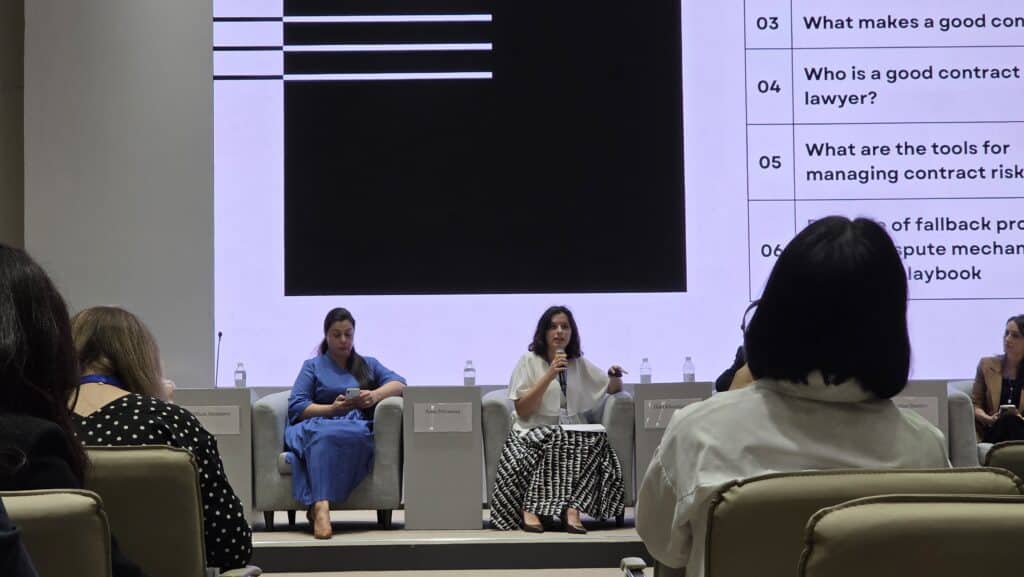
For corporate counsel, arbitration is not an abstract legal exercise but a practical tool. Hera Khoshimova, legal manager at Korzinka, offered a candid view of what companies expect.
«In-house lawyers need clarity,» she said. «We look for contracts that are not only enforceable but also manageable in terms of time and cost. Arbitrations that drag on for years, or procedures that burden clients with unnecessary expenses, undermine confidence in the system.»
Her comments echoed a broader theme of the week: arbitration must serve the business community, not the other way around.
Future challenges: AI and accessibility
Speakers also debated the role of technology, particularly artificial intelligence, in shaping future disputes. While some welcomed AI as a tool for efficiency, others warned of risks to fairness and confidentiality.
There were also calls to improve accessibility. Small and medium-sized enterprises, which make up much of Uzbekistan’s economy, often hesitate to pursue arbitration because of perceived cost barriers. Several panellists stressed the importance of tiered dispute resolution clauses and expedited procedures tailored to their needs.
Uzbekistan has travelled far in just a few years, but those involved know that credibility in arbitration is earned slowly, case by case.
Abdel Wahab’s commandments, TIAC’s rising caseload and the candid voices of in-house counsel all pointed to the same conclusion: Uzbekistan is no longer a newcomer but a serious player in international arbitration. The next chapter will depend on whether it can translate momentum into lasting trust.






